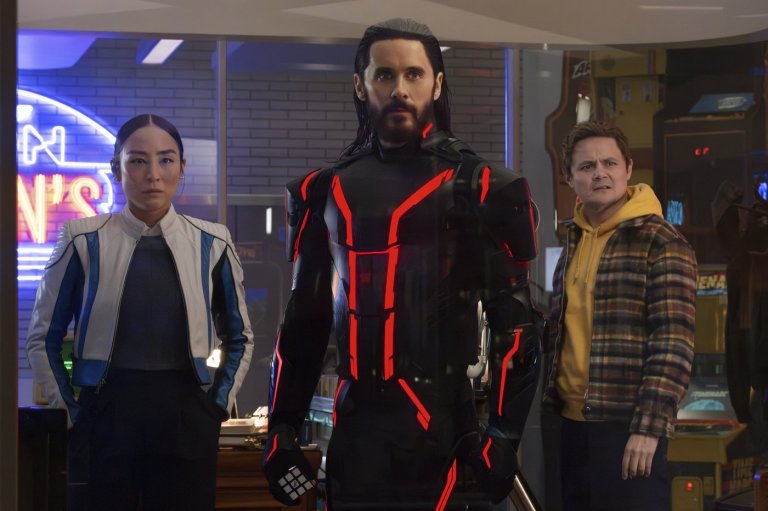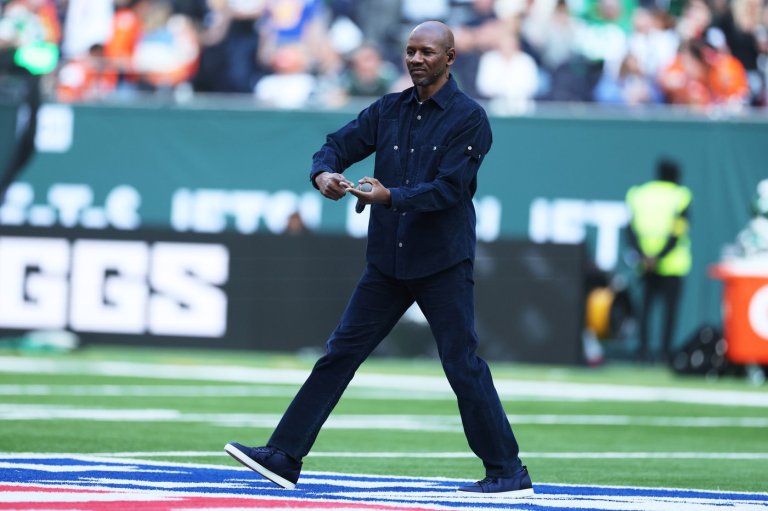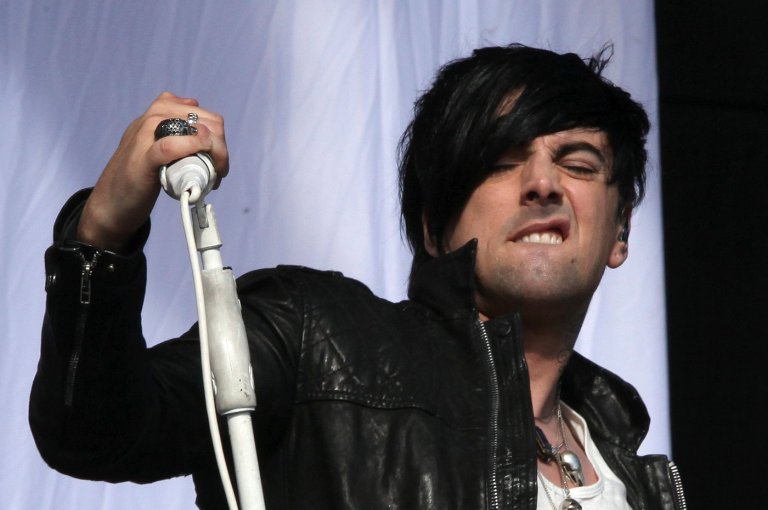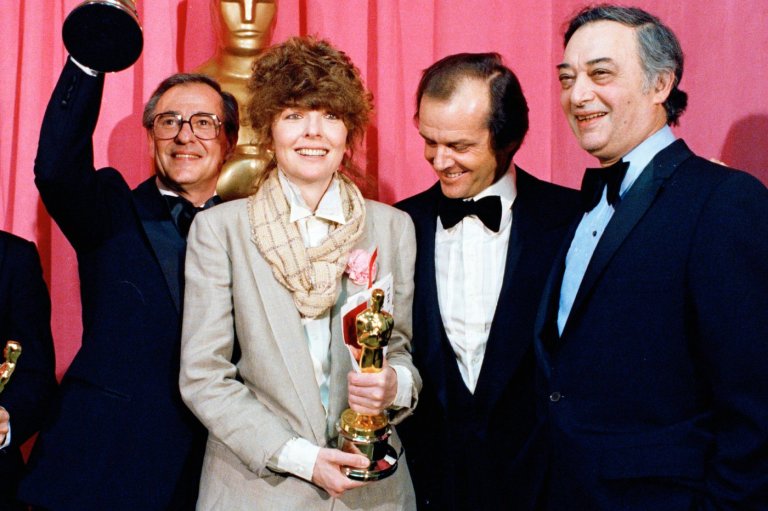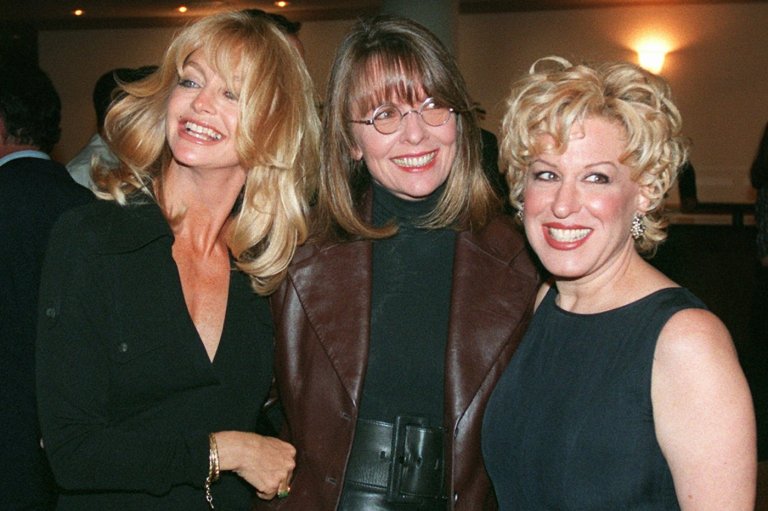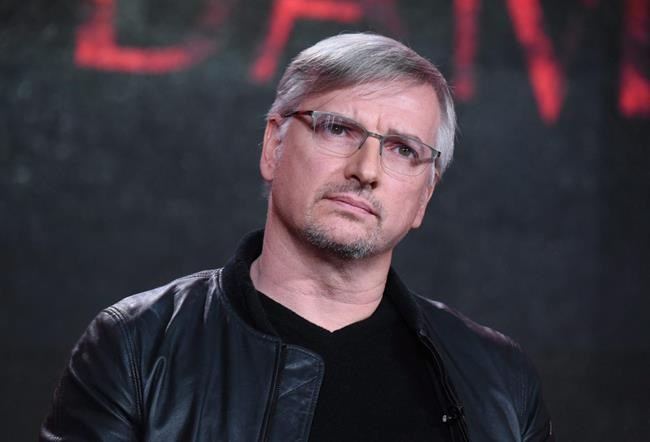
Former ‘Walking Dead,’ ‘Damien’ producer says sexist anti-hero trope will continue
TORONTO – He does the wrong things for the right reasons, protects society from threats, and will kill — but not rape.
He’s the male anti-hero, a long-cherished yet oftentimes racist, sexist and tired TV trope that is on the rise and will continue to linger because of a collective feeling that “we are in a constant state of war,” says “Damien” showrunner Glen Mazzara, who has also executive produced “The Walking Dead” and “The Shield.”
“I do think the anti-hero is not going anywhere, particularly since there is a political climate in the United States in which it appears that white, middle-aged males feel they are under attack,” Mazzara said in an interview at the recent Toronto Screenwriting Conference.
“And I’m not saying they’re under attack, I’m saying they feel they’re under attack.”
Mazzara gave a talk at the conference on the anti-hero and posited that it’s become the prevalent, dominant trope on TV.
He said the anti-hero — usually a world-weary, impulsive man who defends society in some way and carries a burden — became more prominent in the wake of 9/11 and the growth of cable TV (think Tony Soprano, Don Draper, Walter White, Nucky Thompson, and the list goes on).
The woman’s role in relation to the anti-hero has become that of an “object” and his tether to society. Viewers often hate her for tying him down. TV writers fall into writing “these lazy tropes over and over,” said Mazzara.
Of course, some programs have broken and subverted the anti-hero trend. Mazzara cited “The Americans,” “Outlander,”“Orphan Black” and “Damien” as a few examples, along with Beyonce’s visual album “Lemonade.”
“But as society becomes more inclusive and more people get to tell their stories on TV — and we become more comfortable with watching different stories and different characters, and you have a gender balance and the usual order is changed so that more people get their stories told — there’s going to be resistance,” said Mazzara.
“There’s going to be a pushback and people are going to double down. Change isn’t easy. So I think you’ll have more new stories being told, but people are going to dig in and still get their anti-hero stories.”
Mazzara, co-chair of the Writers Guild of America’s Diversity Advisory Group, said the problem is a lack of diversity in TV writing rooms.
“In all frankness, the numbers are not changing,” he said.
“People can look at more diverse casts, but it is not necessarily true that the writers and directors are more diverse. And even the term ‘diverse’ is a racist, sexist term because it implies diverse to a white, male perspective. So any woman is diverse, that’s ridiculous. I think a better term is ‘inclusion.’
“We don’t even have really a language to discuss what we’re trying to discuss, that’s how far off the mark we are.”
He added there’s a “faulty thinking” amongst white men who work in the industry that: “‘I don’t need a black writer if I don’t have black characters. I don’t need a gay writer if I don’t have gay characters.’”
“A gay writer can write every character,” said Mazzara. “People will say, ‘We really need to find a woman on staff so she can write the strong, female perspective.’ She can write any character and I’ve been on staffs in which women write every character.
“A writer is a writer and they need the opportunity and right now they’re still pigeon-holed. So we have a very long way to go and what I’m afraid of is that people are going to look at diverse casts and assume Hollywood has solved the diversity problem, and that’s just not the case.”
Join the Conversation!
Want to share your thoughts, add context, or connect with others in your community?
You must be logged in to post a comment.














